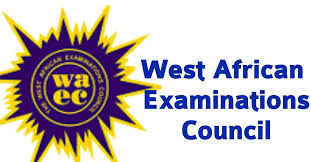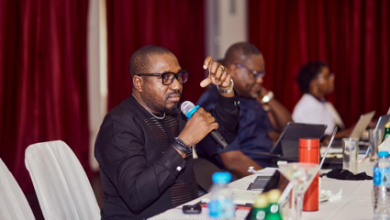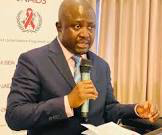13,213 WASSCE Results Withheld

The West African Examinations Council (WAEC) has released the 2025 WASSCE results, revealing that only 11.77 percent of candidates obtained a credit or better in English Language, while 63 percent failed the subject.
A total of 143,985 candidates sat the examinations nationwide — comprising over 79,000 females and more than 60,000 males. However, 13,213 candidates’ results have been withheld by WAEC due to alleged cases of examination malpractice and other related issues, which are currently under investigation.
During the official announcement, the Minister of Basic and Senior Secondary Education, Conrad Sackey, commended the top-performing students and emphasized the need for continued improvement in educational standards across the country.
According to WAEC, Jalloh Miriam Roselyn of the Modern Academy School of Excellence emerged as the best-performing candidate, achieving 4 A1s, 3 B2s, and 2 B3s, with an impressive average grade unit of 1.78.
Another outstanding candidate from the International Secondary School, Freetown, obtained 6 A1s, 2 B3s, and 1 C5, earning an average grade unit of 1.89.
The best-performing school in this year’s examination is Kamboi Senior Secondary School in Kenema, where all candidates met the university entry requirement, recording a 100% pass rate.
Minister Sackey praised the commitment of schools, teachers, and students who excelled, while urging others to uphold academic integrity and strive for excellence in future examinations.





